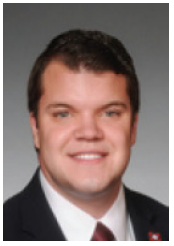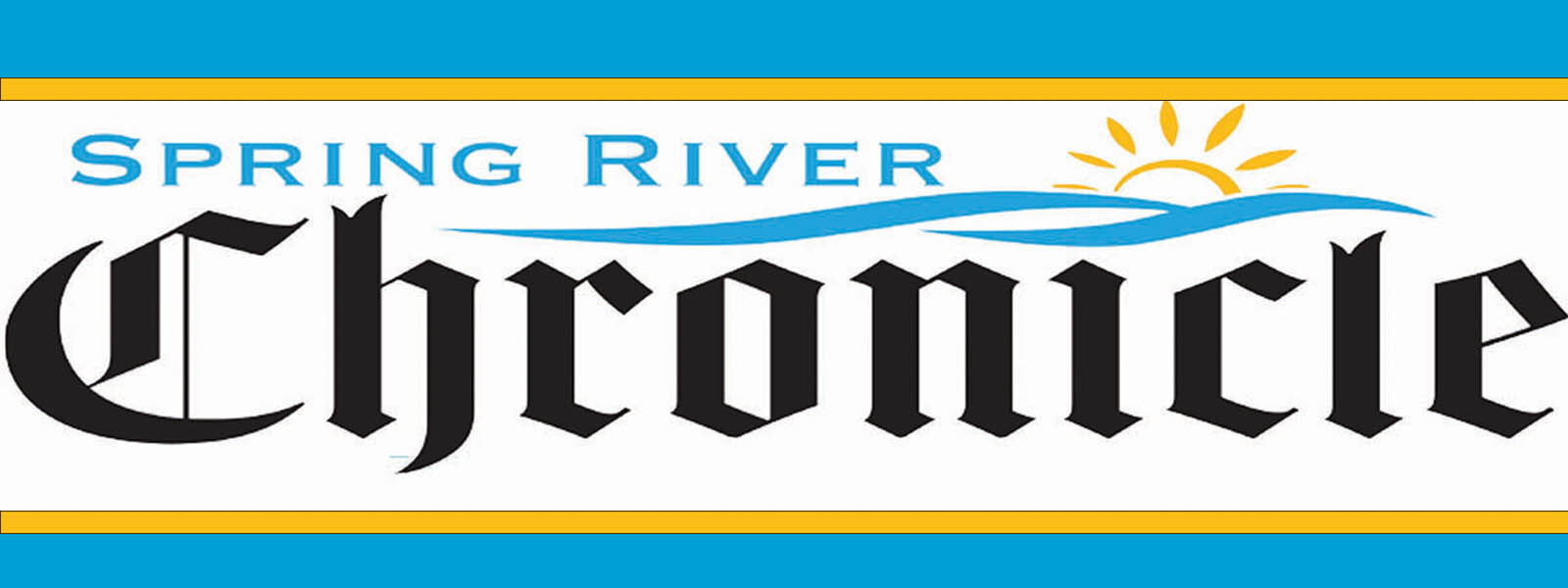By James Sturch, Arkansas Senator

Legislators finished the calendar year with a final round of recommendations for spending federal relief funds and reserve funds.
The recommendations include using another $93.8 million for broadband projects and $20 million to upgrade computerized case management for the state court system.
Also, $6.25 million was recommended to help cover the expenses of opening the new Sevier County Medical Center.
The subcommittee also recommended using $75 million from reserve funds for expansion of a prison unit in Calico Rock. It would add space for 498 beds.
Sevier County has been without a hospital since 2019, when the previous one at DeQueen closed. Since then, voters in Sevier County approved raising their sales tax by half a cent to back a bond issue for new hospital construction.
Rural hospitals have been hard hit by the pandemic and have submitted numerous requests for financial aid. The subcommittee decided to recommending hiring an independent firm to analyze requests from as many as 26 rural hospitals.
The state Administrative Office of the Courts has been installing a computer system over the past two years, and will be able to accelerate the process with the $20 million allocation. Updating technology used in Arkansas courtrooms should improve collection of fines, fees and restitution. It will make enforcement of court orders more efficient, an official at the courts told legislators.
A modern digital system can send messages to people reminding them of scheduled dates in court and due dates for fines and other payments. In Arkansas more than 1.2 million court cases are processed every year.
The funding of broadband projects is part of a massive state investment to provide high-speed Internet access to all areas of Arkansas. Almost $400 million in grants have been awarded for 163 projects by the Arkansas Rural Connect program.
The actions were taken by the Performance Evaluation and Expenditure Review Subcommittee (PEER) of the Legislative Council. Its agenda has been lengthy and its meetings well attended since it became the legislative panel that considers requests for federal relief aid.
A steering committee appointed by the governor makes initial recommendations, but the legislature has the ultimate authority under the state Constitution for government spending.
Arkansas received more than $1.5 billion in American Rescue Plan relief funds. In addition, hundreds of millions of dollars in other categories have been designated for Arkansas recovery projects. The PEER subcommittee has seen its workload grow significantly due to the amount of relief funds flowing into Arkansas and the number of proposals for spending it.
At the final PEER meeting of the year, legislators expressed differences of opinion about how to prioritize the remaining applications for relief funds. State finance officials estimate that less than $300 million in relief funding is left to allocate. However, PEER has more than $700 million in requests for funding.
Some of the most heated comments were made when legislators discussed funding requests that were not approved. Some senators on PEER disagreed with proposals to fund localized projects based on negotiations among influential legislators, because it would not be fair to applicants and lacks transparency.
The senators prefer a grant system that allows communities to apply for grants, and the applications are awarded on merit or need.
